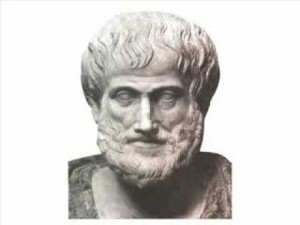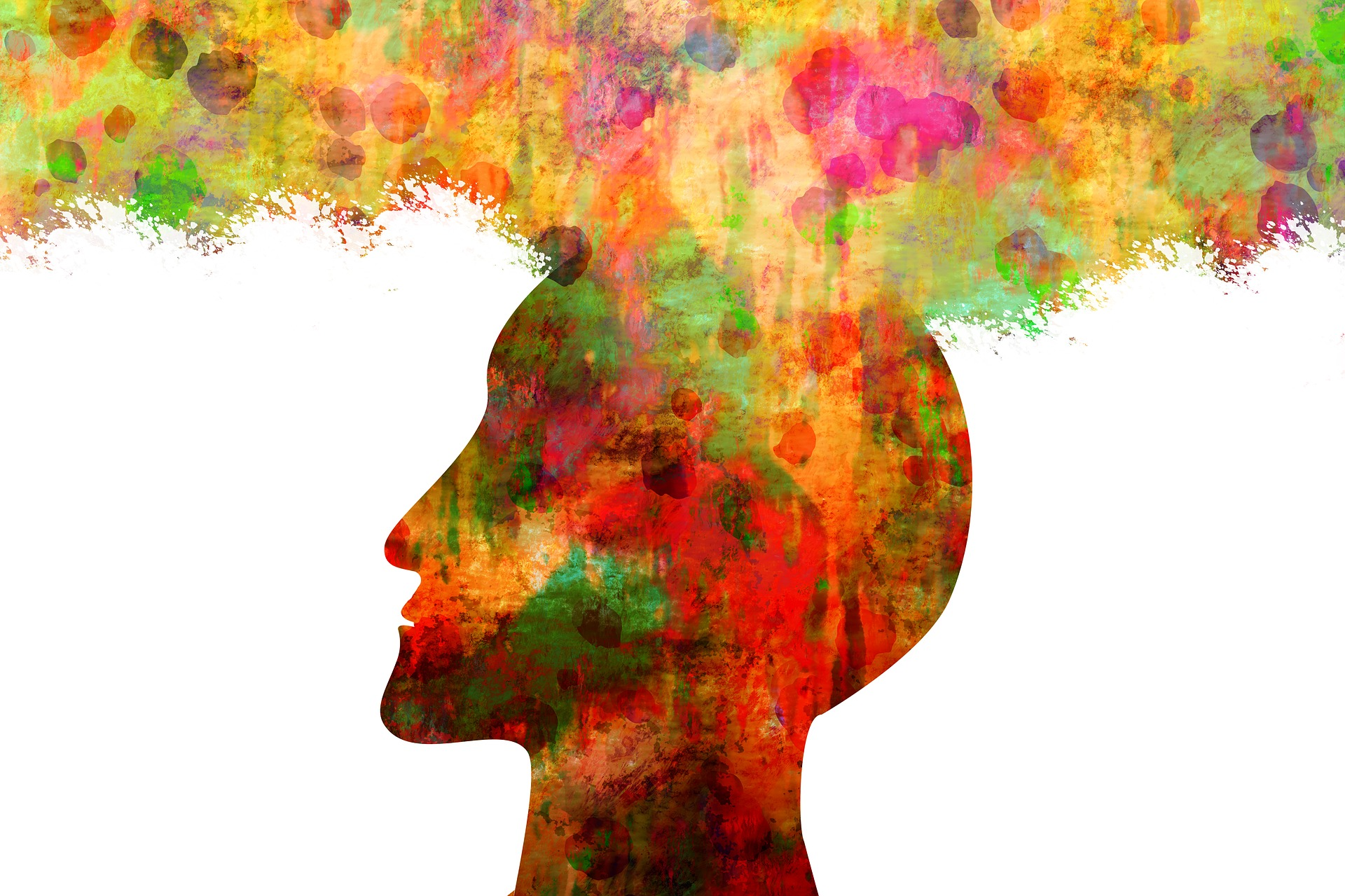by John Draeger (SUNY Buffalo State)
As I prepare for my philosophy courses this fall, I find  myself thinking about both Aristotle and metacognition. Aristotle’s theory of virtue figures prominently in my course on the history of ethics. Metacognition is one of the skills that I am trying to cultivate in all my courses, including the history of ethics. In previous posts, I have discussed how and why I have tried to promote metacognition. In the post, I want to consider what Aristotle might say about that endeavor.
myself thinking about both Aristotle and metacognition. Aristotle’s theory of virtue figures prominently in my course on the history of ethics. Metacognition is one of the skills that I am trying to cultivate in all my courses, including the history of ethics. In previous posts, I have discussed how and why I have tried to promote metacognition. In the post, I want to consider what Aristotle might say about that endeavor.
According Aristotle, living well requires pursuing excellence. It requires cultivating various intellectual and emotional traits that reliably lead to sought after outcomes (e.g., health, happiness). Aristotle asks us to consider whether those outcomes are things we ought to want as well as how best to achieve them. For convenience, we can refer to this collection of traits as practical wisdom. By ‘practical,’ Aristotle has in mind both the fact that this sort of wisdom is useful (e.g., it serves a practical purpose) and the fact that developing wisdom requires practice. Likewise, learning well requires pursuing excellence. It requires cultivating various intellectual and emotional traits that reliably lead to sought after learning outcomes. Metacognitive practices encourage us to explicitly articulate our goals, monitor our progress, and make changes when necessary (e.g., self-regulation).
Suppose, for example, that my doctor tells me that I need to watch my diet. She has identified a desired outcome (e.g., lower cholesterol) and she is encouraging me to develop the wherewithal to achieve that end. In some ways, she wants me to be more metacognitive about my diet. I need to engage in self-monitoring (e.g., becoming aware of whether a food choice will help or hurt my cholesterol levels) and self-regulation (e.g., make choices that help my cholesterol levels). Aristotle would add that this is holistic endeavor.
Understanding Aristotelian practical wisdom requires distinguishing between a list of actions that reliably lead to a desired outcome (e.g., what I should do in a particular circumstance) and a more holistic conception of living well (e.g., what sort of person I am trying to become). The first approach tells me what I should do is to eat right and exercise. This is surely good advice. The second approach, however, encourages me to make holistic changes in my daily activities as well as holistic changes in how I conceive of food consumption. I need to be vigilant about my food choices. Keeping a food journal might make me more aware of my eating patterns, but I might also need to examine the how my emotions and my environment influence those patterns. I might even need to develop auxiliary skills (e.g., the tact to politely turn down dessert at a dinner party and the fortitude to resist that third glass of red wine). It will take time and effort across a spectrum of personal behaviors and attitudes to develop better eating habits, but, if I use a holistic approach, the hope is that I will see progress through time.
Like my doctor setting a goal that will promote my physical health, teachers and students can set various learning goals that will promote intellectual health (e.g., reading, writing, critical thinking). Achieving these goals requires being clear about the goal, monitoring progress, and making the necessary adjustments. Recent work on metacognition provides us with empirically tested techniques for achieving those ends. Aristotle, however, would remind us that promoting both intellectual and physical health is a holistic endeavor.
Identifying techniques that reliably lead to desired outcomes (e.g., self-testing, peer tutoring, scaffolding) can contribute to learning excellence, especially if learners are actively monitoring the effectiveness of these strategies and regulating their behavior accordingly. These techniques are most welcome. However, Aristotle would remind us that even if learners master these techniques in isolation, they will not yet have achieved learning excellence. The ultimate goal, he would argue, is to transform the various intellectual and emotional traits that combine to form a person’s conception of herself as a learner. Of course, I doubt that many scholars of metacognition would deny that learning is a holistic enterprise. Scholars choose to isolate techniques in order to test their efficacy. Aristotle would welcome both the methods and the findings. But it is worth remembering that excellent intellectual and physical health requires attending to many interlocking components.
In my next post, I will discuss how this Aristotelian conception of metacognition might offer practical advice to students and teachers in their effort to achieve learning excellence.
John Draeger offers an Aristotelian conception of metacognition. Click To Tweet



